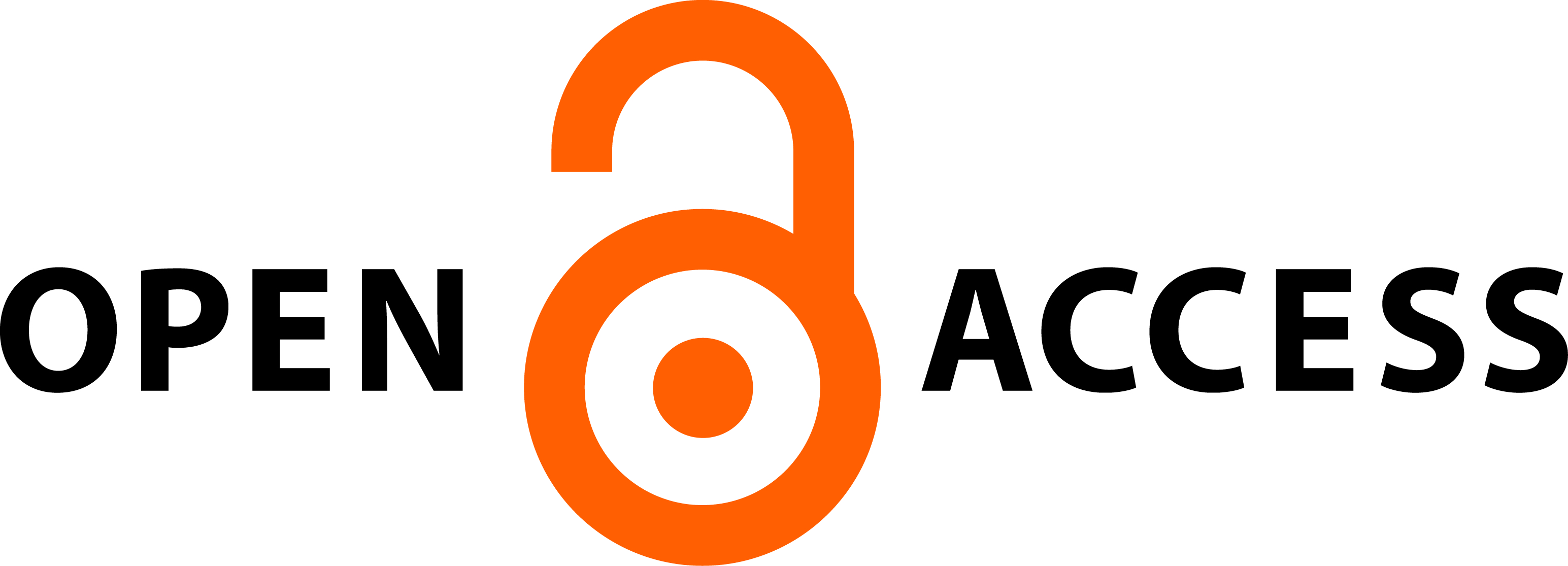Legal Standing Lembaga Perlindungan Konsumen Swadaya Masyarakat (LPKSM) Dalam Perkara Ekonomi Syari’ah di Pengadilan Agama
DOI:
https://doi.org/10.21154/muslimheritage.v3i1.1299Keywords:
Right to sue, Governmental Consumer Protection Organization, sharia economic, Islamic Court.Abstract
Abstract: This study aims to analyze legal standing restraints of LPK authorized by law to litigate in the Religious Courts in sharia economic cases and to explain the reasons and legal considerations of the judges of Religious Courts of Madiun in the decision of case number: 403 / Pdt. G / 2014 / PA.Mn. This research employed a qualitative approach by systematically describing the right of Consumer Protection Institution of Sharia Institution and legal consideration of judges of Religious Court of Madiun in case verdict number: 403 / Pdt.G / 2014 / PA.Mn then it analyzed thoroughly to find the legal standing of the Consumer Protection Institution in the case of sharia economy in the Religious Courts.The findings showed that Article 46 verse (1) letter c of Law No. 8 of 1999 on Consumer Protection is associated with the main principle in Law No. 7 of 1989 related to the subject of law is the applicability of the Islamic personality has authorized LPKSM to propose a sharia economic case in the Religious Courts in the framework of protecting consumers in certain terms and conditions. The next findingis that the judges of the Religious Court of Madiun deemed the legal standing that has been guaranteed by the law, in consideration of the non-acceptance of cases by LPKSM merely because of defects in the power of attorney made by consumers to LPKSM.
Abstrak: Penelitian ini bertujuan untuk mengetahui dan menjelaskan batasan legal standing LPK yang diberi kewenangan oleh undang-undang untuk berperkara di Pengadilan Agama dalam perkara ekonomi syariah dan mengetahui serta menjelaskan alasan dan pertimbangan hukum majelis hakim Pengadilan Agama Kota Madiun dalam putusan perkara nomor:403/Pdt.G/2014/PA.Mn. Peneletian ini menggunakan pendekatan kualitatif dengan menguraikan secara sistematik tentang hak gugat Lembaga Perlindungan Konsumen Swadaya Masyarakat Lembaga syariah dan pertimbangan hukum majelis hakim Pengadilan Agama Kota Madiun dalam putusan perkara nomor:403/Pdt.G/2014/PA.Mn kemudian menganalisanya dengan seksama sehingga menghasilkan temuan mengenai legal standing Lembaga Perlindungan Konsumen Swadaya Masyarakat dalam perkara ekonomi syariah di Pengadilan Agama. Berdasarkan proses pengumpulan data dan analisis data, penelitian ini menghasilkan temuan-temuan bahwa Pasal 46 ayat (1) huruf c UU No 8 Tahun 1999 Tentang Perlindungan Konsumen dikaitkan dengan prinsip utama dalam UU No 7 Tahun 1989 terkait dengan subyek hukum adalah berlakunya asas personalitas keislaman telah memberikan kewenangan kepada LPKSM untuk mengajukan perkara ekonomi syariah di Pengadilan Agama dalam rangka perlindungan terhadap konsumen dengan beberapa syarat dan ketentuan yang harus dipenuhi. Temuan berikutnya, majelis hakim Pengadilan Agama Kota Madiun tidak mempertimbangkan negative terhadap legal standing yang telah mendapat jaminan undang-undang, dalam pertimbangan tidak diterimanya perkara yang diajukan oleh LPKSM semata-mata karena ada cacat dalam surat kuasa yang dibuat konsumen kepada LPKSM.
Downloads
Published
Issue
Section
License
Requirements to be met by the author as follows:
- Author storing copyright and grant the journal right of first publication manuscripts simultaneously with licensed under the Creative Commons Attribution License that allows others to share the work with a statement of the work's authorship and initial publication in this journal.
- Authors can enter into the preparation of additional contractual separately for non-exclusive distribution of a rich version of the journal issue (eg:post it to an institutional repository or publish it in a book), with the recognition of initial publication in this journal.
- Authors are allowed and encouraged to post their work online (eg, in institutional repositories or on their website) prior to and during the submission process, because it can lead to productive exchanges, as well as citations earlier and more severe than published works. (see The Effect of Open Access).















